UPSTART symposium shines spotlight on student research
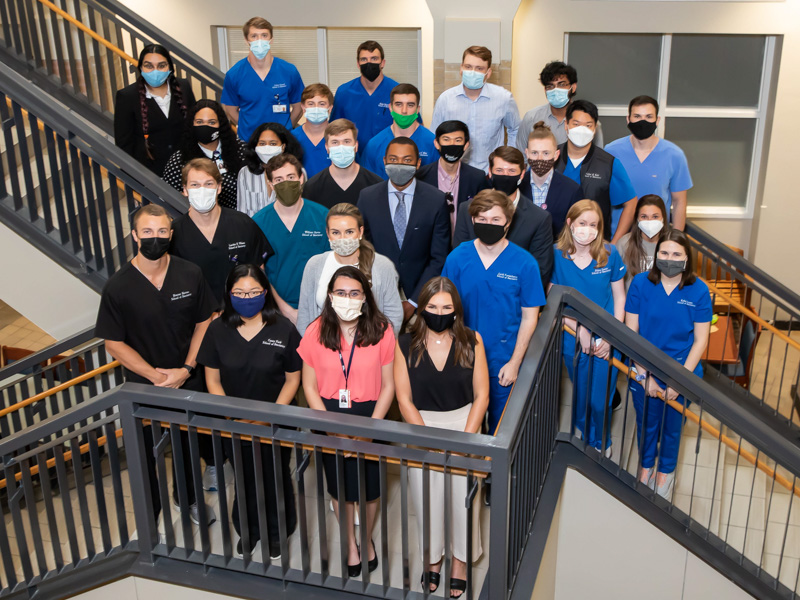
Science is a tool we use to learn new things about the world. Likewise, the process of doing science is also an excellent way for students to practice new skills.
That’s why the University of Mississippi Medical Center hosts programs such as UPSTART (Undergraduate and Professional Student Training in Advanced Research Techniques), a summer experience that pairs research-interested students with School of Dentistry faculty for several weeks of hands-on scientific training.
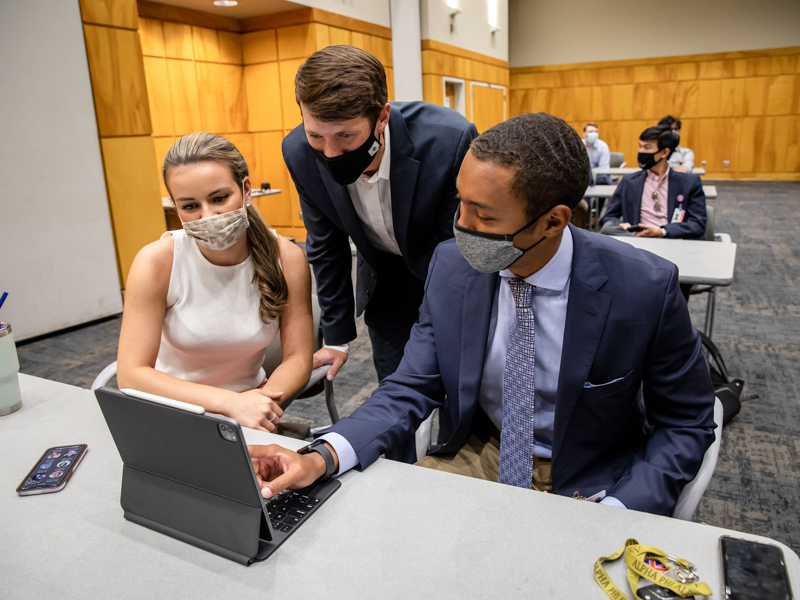
The summer session culminated Thursday, July 22 with 27 students, most from the SOD, presenting on their research during the UPSTART Symposium in the Norman C. Nelson Student Union.
They conducted their work, spanning advances in dental practice, materials science and basic research, with faculty representing six SOD departments.
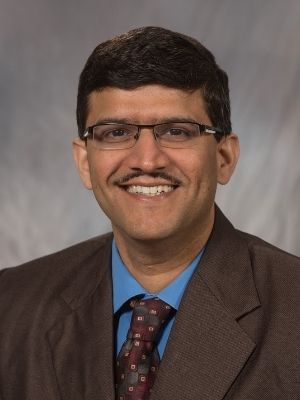
“The issues and topics we’re talking about today come from a very wide range of research,” said Dr. Amol Janorkar, Chair of the Department of Biomedical Materials Science and director of UPSTART.
Janorkar said he was excited to have an in-person research event this year. Like many UMMC activities, UPSTART limited its program in 2020 in response to COVID-19. However, this challenging time also presented new opportunities for research. Multiple UPSTART students explored topics connected to the pandemic, including its effects on pediatric dental health and understanding sources of contamination in clinics.
Casey Park, a third-year dental student, studied the ability of common dental procedures to produce aerosols, small particles and droplets that float in the air. Infectious agents, like SARS-CoV-2, can spread through aerosols.
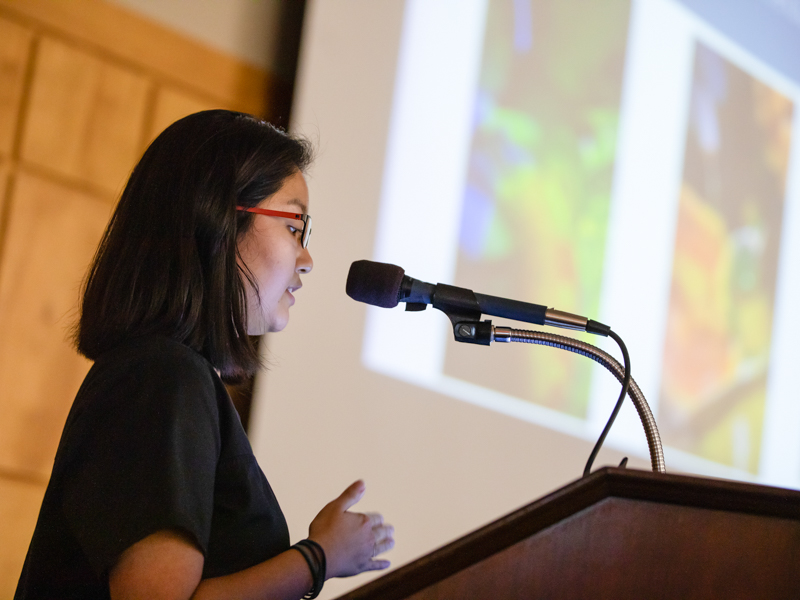
Mentored by care planning and restorative sciences and microbiology and immunology faculty, Park learned that ultrasonic scaling, which removes tartar and plaque from teeth, produced more aerosols than other procedures. However, it was less clear if these could be significant sources of bacterial spread.
Besides their scientific discoveries, UPSTART students learn several transferrable lessons. Throughout the summer, participants brush up on the laboratory research skills necessary for their area of basic or dental science. They also attend a professional development seminar series.
The School of Dentistry expects UPSTART participants to continue their projects through the academic year and update their findings at the School’s annual Research Day, typically held in February. Janorkar told students that this continued experience will help prepare them to juggle the multiple responsibilities they will have as practicing dentists or other health science professionals.
“This is good training for your future career, when you will be attending conferences and writing publications in addition to your clinical duties,” Janorkar said.
Smaller events such as UPSTART’s symposium give students the opportunity to practice the roles they might have at later and larger conferences. Graduate students from the Department of Biomedical Materials Science served as session chairs for three of the four blocks of research presentations. Aya Ali, a PhD student, led a session on innovating dental materials.
Students presented on techniques to remove cement from ceramic dental structures, the potential of wood-based materials as a bone replacement, and ways to enhance the antimicrobial properties of implants using silver.
“Biomaterials are a big part of dentistry, and we use a wide range of materials in practice,” Ali said.
Finally, the UPSTART Symposium serves as an opportunity for students to receive feedback on their research and ways to enhance their findings.
For instance, fourth-year dental student William Sartin Jr. and Mississippi State University student Sreya Maddali are conducting a systematic literature review on different approaches to root canal procedures under the mentorship of Dr. Rohan Jagtap, assistant professor of care planning and restorative sciences. After their presentation, Dr. Jason Griggs, associate chair for research in the SOD, suggested a new way to approach their search process in order to reduce bias.
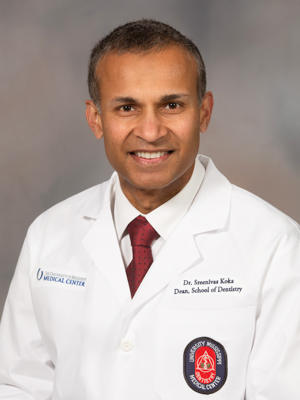
During the symposium’s keynote address, Dr. Sreenivas Koka, dean of the School of Dentistry, encouraged student researchers to use life lessons, not just life experiences, to shape their futures and give their work purpose.
“Successful researchers are able to see where science will be five, 10, 15, 20 years down the road, and to prepare their work now to be competitive and important down the road,” he said.
Think carefully about decisions you make about where to focus your research, he told them.
“If the stuff you’re doing doesn’t have impact, you’re going to have a much harder time gathering those precious resources and funding for your work, space for the work, equipment for the work, and most importantly, the bright minds” needed for the work, Koka said.


